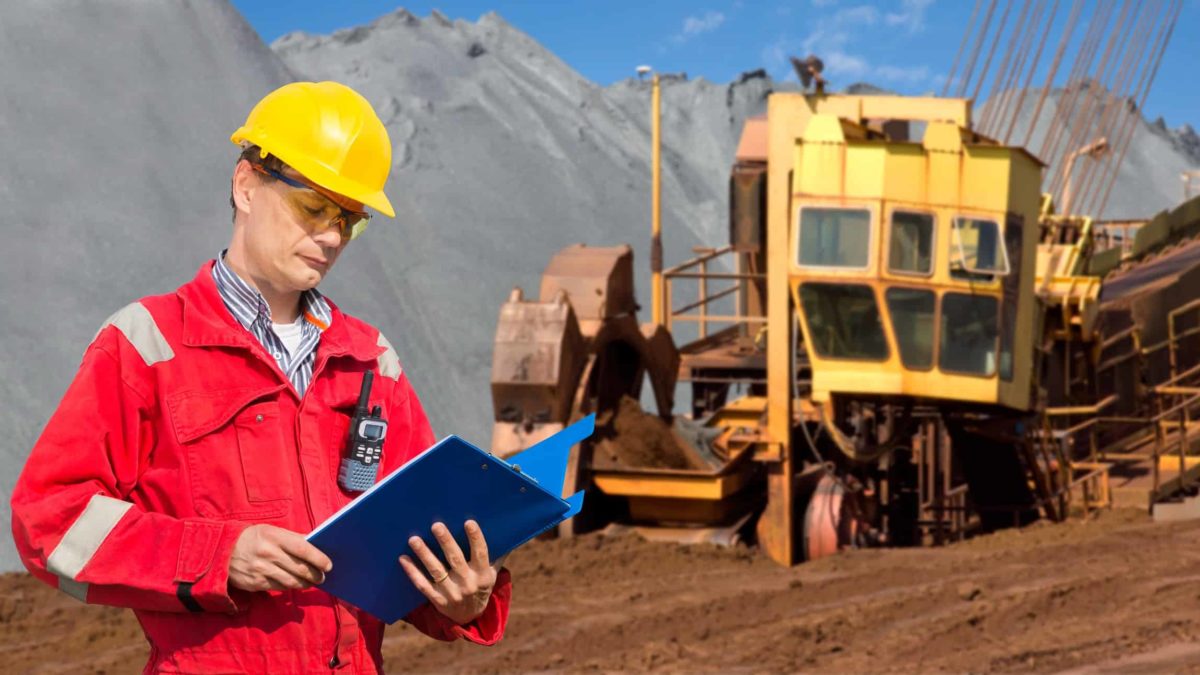Shares of Nickel Mines Ltd (ASX: NIC) continue to trace south after suffering heavy losses in late March, amid the now infamous nickel squeeze.
The short squeeze on nickel produced a ripple effect the likes of which hadn't been seen since COVID-19 first appeared in 2020.

What's happened since?
For nickel players, the outcome of the market calamity has been mixed. A good portion of players absorbed the fallout well.
Those who had an association with Tsingshan, and its subsidiary Shanghai Decent (the nickel giant behind the squeeze), not so well.
For Nickel Mines, that's exactly the case. "Shanghai Direct is the company's biggest shareholder, with an 18% stake, and also partners with Nickel Mines on two of its nickel pig iron operations," TMF reported at the time, after confirmation by Nickel Mines in an announcement.
As the fallout continued, investors soon realised there could be real risk tied to the company's solvency.
"Management assured investors all deal covenants remain in place and there should be no fallout from the events," TMF said.
"It doesn't appear to have worked – investors are offloading shares at pace today such that trading volume is 300% above its four-week average in today's session."
The Nickel Mines shares price has since plunged from a high of $1.65 near the time of the saga to now trade 25% lower at the time of writing.
Moody's Investor Service also downgraded Nickel Mines' senior unsecured debt in late March from stable down to negative, per Bloomberg reporting.
"[The] negative outlook reflects the increased risk and uncertainty for the company's ongoing credit profile, given the recent issues facing its sole offtaker, Tsingshan," it reported. t also went onto say:
While the negative outlook reflects the increasing concerns around Nickel Mines' reliance on Tsingshan, the affirmation of the ratings considers its steady operating profile, with strong margins and cashflow supported by its competitive cost position and elevated nickel pig iron prices.
The Nickel Mines share price is now down 2% for the last 12 months and has dipped 13% this year to date.






